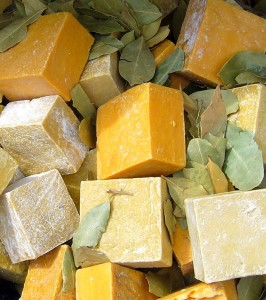Free Thinker = Satan’s Slave?
A friend shared a meme on Facebook this morning: photo of an Assembly of God church marquee with this message on its movable sign: “A free thinker is Satan’s slave.”
Interestingly, many of the most deeply religious people I know would take strong issue with that. They engage with God intellectually. They argue with God when they feel it’s justified. An honorable tradition that goes back at least to Abraham—who, in one of the most remarkable stories in the entire Bible, argues with God about destroying Sodom and Gomorra. Abraham asks if God would spare the cities if there are 50 righteous citizens. God agrees. And then Abraham keeps negotiating, until God agrees to save the city if only 10 righteous souls are present.
But apparently even this is too high a barrier. All they can find are Abraham’s nephew Lot and his family—and they are not exactly models of terrific human behavior. They are taken to safety and the cities are destroyed.
Though I’m not particularly religious, I was raised in an Orthodox Jewish household. People obeyed the commandments as they understood them, but spent lots of time debating their merits—and, for that matter, dissecting the world’s news. And of course, much of the commentary on the Torah came from the sages of old, who would spend hours discussing the intricacies and shades of meaning of some obscure passage. In today’s world, the Jewish Renewal movement (which I do consider myself a part of) has again, actively engaged, reinvented traditions, and provided lots of commentary.
And this is certainly not an exclusively Jewish trait. From the Catholic Worker, Vatican II, and Liberation Theology movements to the preachings of Pope Francis, we see active engagement permeating Catholicism. And we find similar movements in the Islamic, Protestant, and Buddhist worlds (think about the Dalai Lama, for example). And, I’m guessing, in every other significant religion.
The miracle of religion, in my mind, is that people do question, grapple, argue, test out theories—and continue to come back to their own personal version of God.
I feel sorry for the person who crafted the message on the sign.

